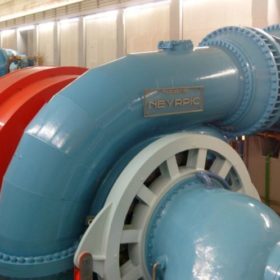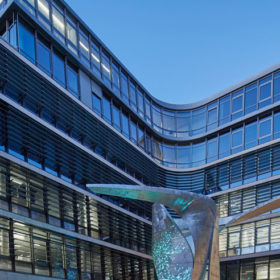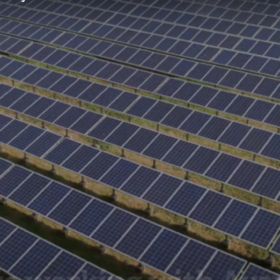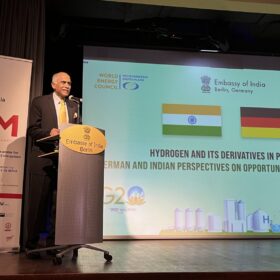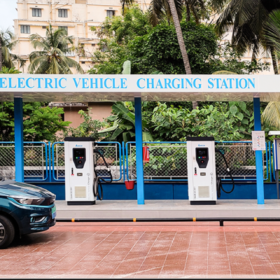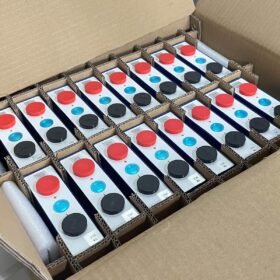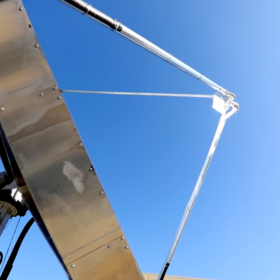Madhya Pradesh launches 13.8 GW pumped storage tender
Rewa Ultra Mega Solar Ltd has launched a tender to allot sites for developing a cumulative 13.8 GW of pumped hydro storage capacity in Madhya Pradesh. Interested developers must submit bids by July 4.
REC eyes up to INR 3 lakh crore lending for renewables by 2030
The state-owned power finance company aims to meet 20% of the INR 15 lakh crore ($181.25 billion) financing requirement for India’s targeted 500 GW of installed RE (non-fossil fuel) capacity.
Siemens to acquire Mass-Tech Controls’ EV division
The acquisition will strengthen Siemens’ capability to address the fast-growing demand for electric vehicle (EV) charging infrastructure in India.
Ayana to supply 300 MW of round-the-clock renewable power to REMCL
Ayana Renewable Power will develop over 1 GW of renewable energy capacity comprising solar and wind, supplemented with a storage solution, to ensure round-the-clock power supply.
India to join Germany’s green hydrogen strategy update
India will use its internal market to scale up hydrogen projects, with Germany as a possible export destination. As part of a broader strategy, the countries will collaborate on a financial and technological level on energy transition projects.
All major ports should switch to over 90% renewable energy by 2047, say new guidelines
The recently issued green port guidelines emphasize using clean energy in port operations and developing port capabilities for storage, handling, and bunkering of greener fuels such as green hydrogen, green ammonia, and green methanol.
Annual EV sales in India surpassed 1.2 million in FY 2023
Uttar Pradesh led the yearly electric vehicle sales with a 15.15% share of the cumulative 1.2 million units sold in FY 2022-23. It was followed by Maharashtra (12.72%) and Karnataka (9.14%).
Lithium-iron phosphate prismatic battery cells with energy density of 138 Wh/kg
Chinese energy storage company Imren Battery has introduced its new EVE LF105 lithium-iron phosphate (LFP) prismatic battery cells, which can be used in a wide range of applications, including EVs, renewable energy storage, and other applications.
India’s optimal electricity generation mix for 2029-30
A new study by Central Electricity Authority assesses the least-cost, optimal generation capacity mix to meet India’s projected electricity demand for the year 2029-30.
Swiss team sets record solar-to-hydrogen rate
Researchers from Switzerland’s École Polytechnique Fédérale de Lausanne have unveiled a new solar dish plant design, while Plug Power has delivered its first electrolyzer system to Europe.
